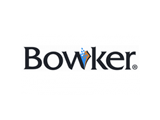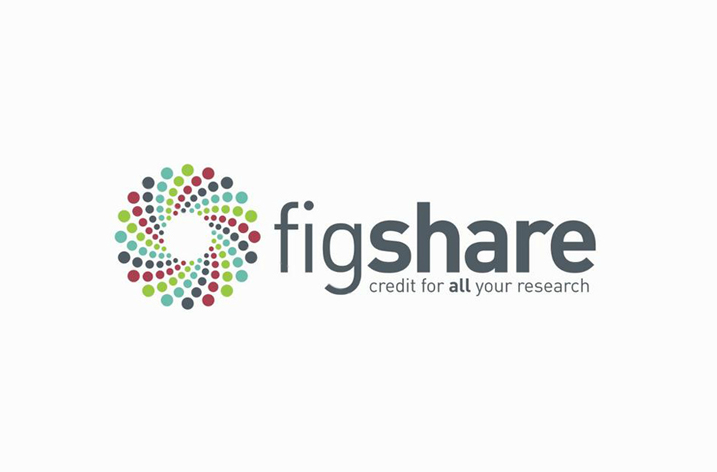
A new analysis of Bowker® Books In Print shows that a full 33 percent of its contributors have the ISO-certified International Standard Name Identifier (ISNI) connected with their names and in use in the database. ISNI was created just over two years ago and has topped 8 million assignments, 2.33 million of which are represented in Books In Print, showing rapid uptake by authors and other contributors.
Published in early 2012, the standard applies a unique 16-digit code to public identities, providing a single identifier that can be leveraged across many applications, syncing alternate or disparate spellings of the same name, and eliminating confusion when names are alike. ISNIs are in use by organisations such as Wikipedia, Digital Science, ORCID, and many others. Bowker, an affiliated business of ProQuest and a registration agency for the standard, tracks assignments and usage of ISNIs.
“This extraordinary growth in use in just two years reveals the standard’s ability to simplify the process of identification,” said Beat Barblan, Bowker’s Director of Identifier Services and Treasurer of the ISNI International Agency. “Information about authors and other contributors to books is found in many locations – from research databases to organizations paying royalties. The ISNI is a simple, effective way to ensure accuracy. With an ISNI, we know we are referring to the correct Dan Brown or Stephen King.”
The ISNI International Agency — a worldwide group of organisations that serves researchers, rights management organisations, authors, musicians, and other public contributors — created the standard to disambiguate names. Once an ISNI is assigned by a registration agency, it is shared across the global digital information industry, enabling organisations to apply it to content held in their databases by or about that party. The ISNI then acts as a link for data.
Users tapping into any of the organisations that use ISNIs will need only a name and just enough background data (such as a birth date or book title) to zero in on the correct identity. ISNIs are especially critical for rights management, accurate royalty payments, and cross-domain linking.
Organisations and individuals can apply for an ISNI for any public identity – real or fictional – through a registration agency, such as Bowker. To apply for ISNIs through Bowker or obtain more information, contact Laura Dawson, Product Manager for Identifier Services, at laura.dawson@bowker.com. Use ISNI’s free lookup interface at http://www.isni.org/search.



























